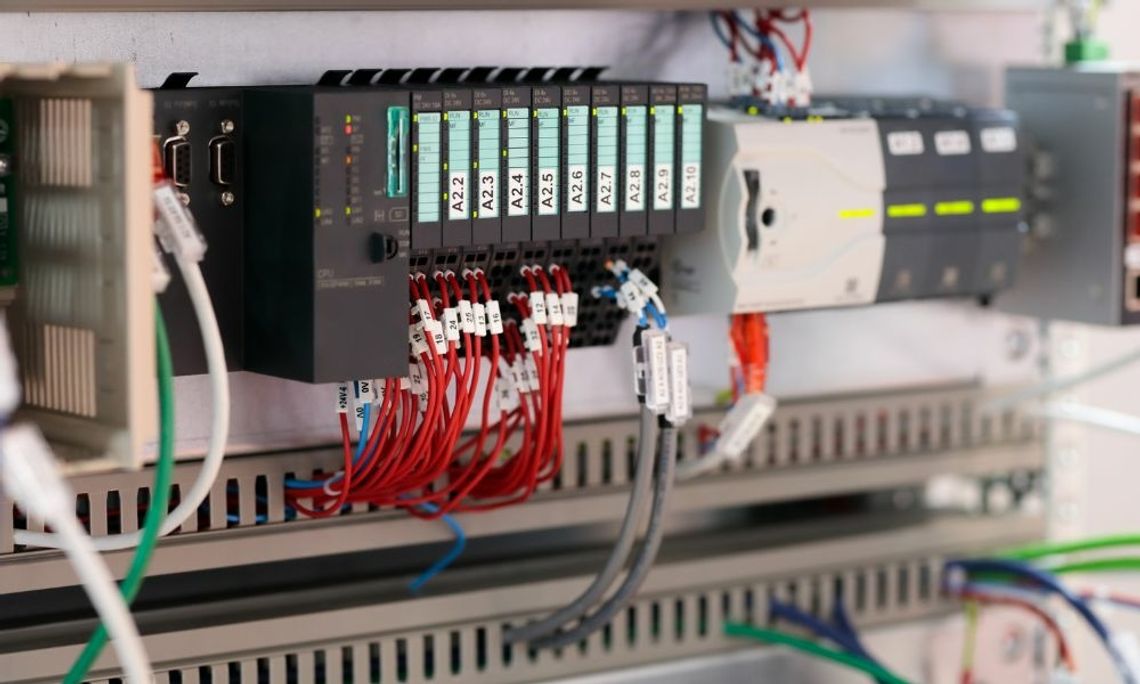Automation technologies are at the heart of the modern industrial sector. Designed to streamline manual processes, these devices can improve productivity while minimizing risks for your workers and business alike. However, it hasn’t always been this way—the onset of automation has been a slow evolution over the past century. Explore the history of industrial automation technology and learn how it could impact the future of the industry.
The Birth of Industrial Automation
Automation efforts date back to the eighteenth century, during the first Industrial Revolution. Inventions such as the steam engine and spinning jenny revolutionized production processes, reducing manual labor and increasing efficiency. These innovations laid the foundation for modern automation technology, ultimately paving the way for advancements like assembly lines and mass production techniques.
The Assembly Line & Henry Ford
The introduction of the assembly line by Henry Ford in 1913 marked a significant change in how we mass produce products. By breaking down the production process into small, repetitive tasks assigned to specific workers, Ford’s assembly lines increased efficiency, productivity, and output. This idea led to the mass production of automobiles, significantly reducing costs and making cars accessible to a broader range of people.
Development of Programmable Logic Controllers
The 1960s and 1970s saw the development of Programmable Logic Controllers (PLCs) by the engineer Dick Morley. These vital components, with a rich development history of their own, allowed for greater control and flexibility in the manufacturing process. These devices replaced traditional relay-based systems with digital interfaces, enabling the integration of software and computer technology into the manufacturing process. These inventions were key in further simplifying tasks, driving innovation, and maximizing efficiency across various industries.
The Role of Robotics
The first industrial robot, created by George Devol, launched in the 1950s and continues to be a prevalent idea. Today, robots are indispensable in industries such as automotive, electronics, and aerospace, where precision, accuracy, and speed are critical. The growth of collaborative robots has further enhanced flexibility in production processes, enabling faster adaptation to market changes and consumer demands.
The Future of Industrial Automation
Now that you know some of the history of industrial automation technology, it’s time to look toward the future. We can expect even greater advancements driven by innovations in artificial intelligence, machine learning, and data analytics. These developments will enable the next generation of smart factories, where machines can communicate, learn, and adapt to changing circumstances autonomously. This next frontier in industrial automation promises increased efficiency, reduced downtime, and ultimately, more sustainable and cost-effective production processes.
From the first Industrial Revolution to the modern era of robotics and smart factories, industrial automation technology has brought about remarkable progress across various industries. As we continue to advance in this rapidly evolving field, we can expect to see even greater benefits to society and improvements to our everyday lives. Stay ahead of the curve and explore the opportunities offered by industrial automation technology to enhance your operations and gain a competitive advantage in today’s global market.


Comment
Comments